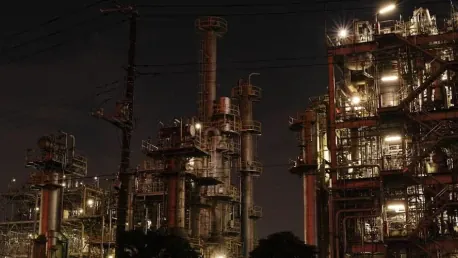
Nuclear fusion has long been considered the ultimate energy solution due to its potential to produce massive amounts of energy with minimal environmental impact. By emulating the energy production process of the Sun, scientists hope to replicate fusion on Earth and generate sustainable clean

The United States is undergoing a significant energy transition, moving away from coal power toward a more diversified and environmentally-friendly energy mix. Central to this transition is the role of gas turbines, which have evolved over more than two centuries to become a vital component of

The State of Rhode Island is taking significant steps to address greenhouse gas emissions from residential, commercial, and industrial buildings. As the climate deadline approaches, state officials are developing a strategy to reduce emissions from the sector that ranks second in emissions, only

The subject of this article revolves around the implications of Donald Trump's return to the U.S. presidency on global green energy trade and the nation's position in the worldwide clean energy transition. By pulling the United States out of the Paris climate agreement, dismantling previous energy

The recent executive orders signed by President Donald J. Trump on January 20, 2025, mark a significant shift in the United States' energy policy. These orders are designed to boost domestic energy production, streamline regulatory processes, and leverage the country's natural resources,

The rapid advancements in artificial intelligence (AI) have sparked a global race to develop more powerful and efficient models. However, this progress comes with significant environmental and energy costs. The recent announcement of the Stargate project and the release of China's DeepSeek R1 model